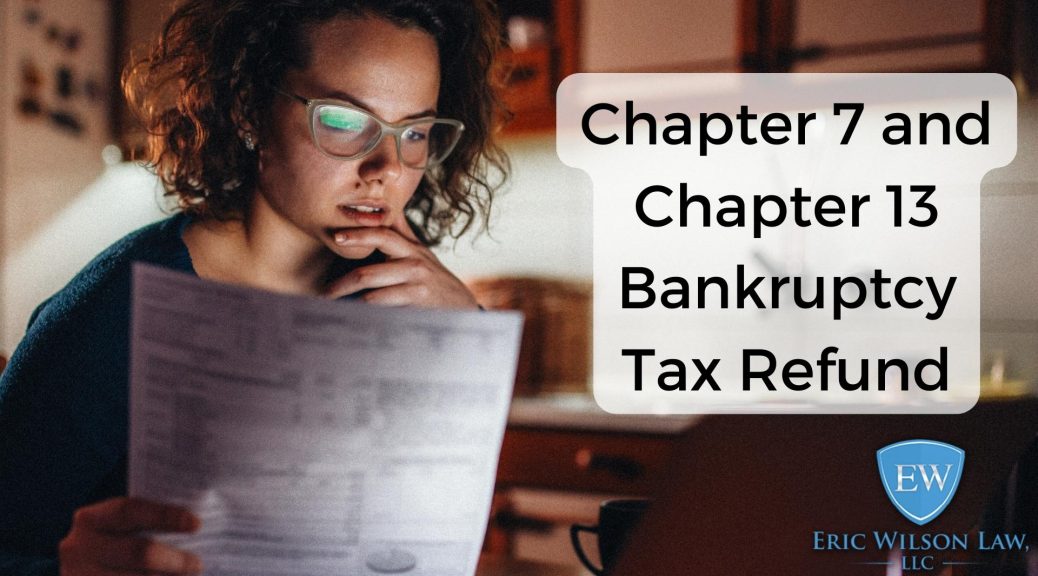The tax refund on the income you earned prior to filing bankruptcy is part of your bankruptcy estate. For example, let’s say you filed for bankruptcy in February 2022. When you receive your tax refund that May, it’s for 2021, so that refund is part of the estate. Your bankruptcy trustee will ask you questions regarding your tax return at your 341 meeting of creditors. They will want to know if you expect to receive a tax return and, if so, how much. When filing bankruptcy, it’s important to include what you expect to receive from your tax return as an asset so you can try to claim it as exempt. You may be required to amend your paperwork if you do not have your tax return on your bankruptcy forms.
Bankruptcy law can be confusing, especially when it’s tax season, and you’ve recently filed for bankruptcy. Discussing your filing with a bankruptcy attorney can help you understand your bankruptcy estate, tax refunds, exempt property, and more. To learn more about filing for bankruptcy and how it affects your tax return, contact Eric M. Wilson, LLC, to schedule a free evaluation by calling 205-349-1280.
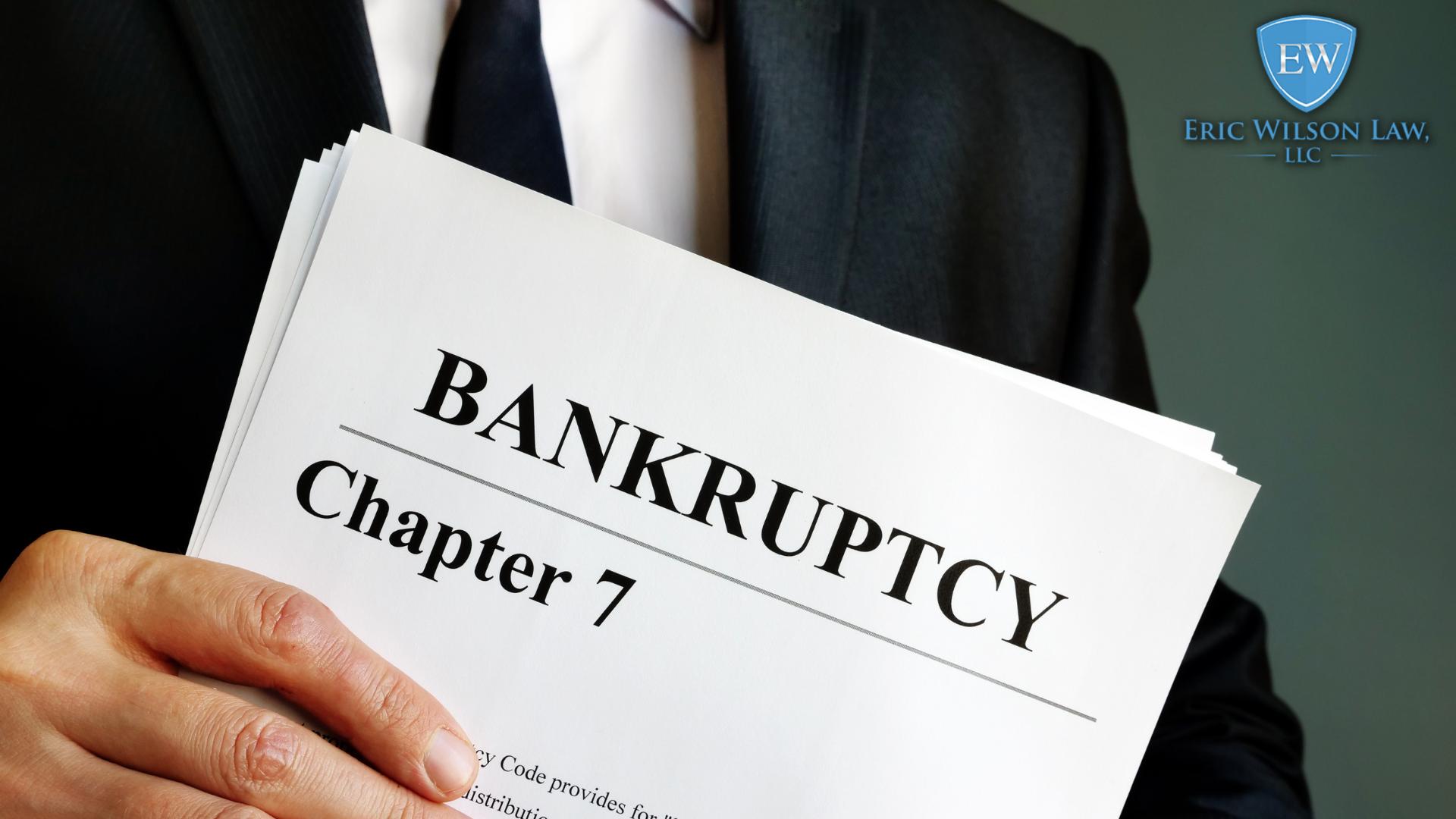
Tax Refunds in Chapter 7 Bankruptcy
Tax refunds based on the income you received after you filed for bankruptcy are not part of your bankruptcy estate during a Chapter 7 bankruptcy. For instance, if you file for bankruptcy in June of 2022 and you receive your tax return for 2023, only January through May 2022 will be part of your bankruptcy estate.
In a Chapter 7 bankruptcy, your trustee can’t take your tax refund once your bankruptcy case has closed. However, your trustee can keep your bankruptcy case open if you expect a tax refund for the tax season before you file. Typically, your trustee won’t do this unless the tax refund amount is worth the wait.
Tax Refunds in Chapter 13 Bankruptcy
A Chapter 13 bankruptcy usually lasts between three to five years. During a Chapter 13 bankruptcy, your income tax refunds are part of your estate, like in a Chapter 7 bankruptcy. However, in Chapter 13 bankruptcy, income tax refunds based on the income you earn during your bankruptcy are part of your bankruptcy estate. Since the tax refunds are part of your bankruptcy estate, your trustee can take them and apply the money to your repayment plan.
The policies regarding a debtor’s ongoing tax refunds can vary depending on the trustee. Some examples of trustee’s policies are:
- Only take tax refunds that are over a certain amount
- Take all refunds unless the debtor files a movement that the money is needed for necessary expenses
- Automatically take all refunds
Your trustee can tell you what their particular tax refund policy is.
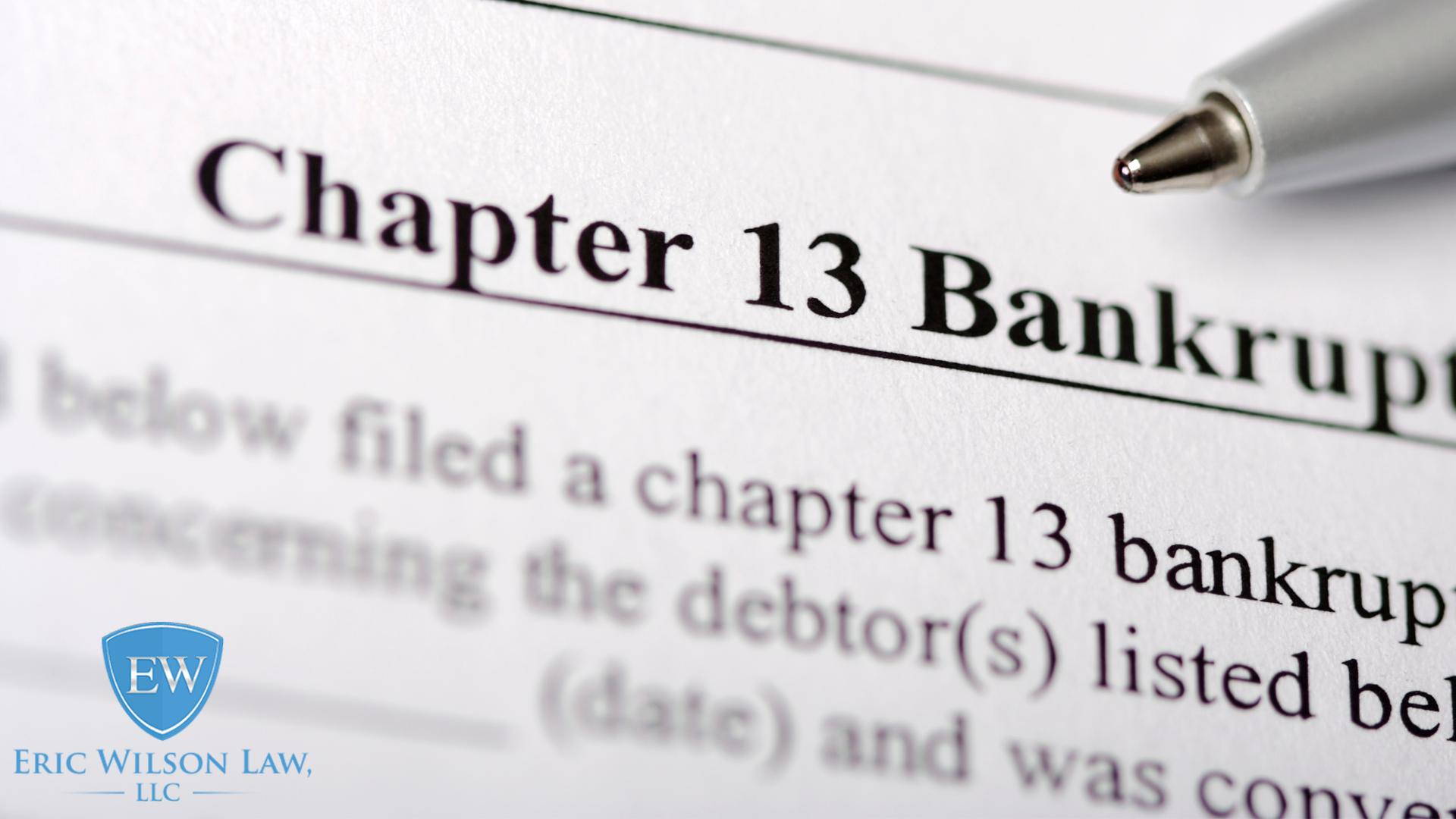
Can a Bankruptcy Trustee Keep Your Tax Refund After a Discharge?
The trustee can keep your tax refund in Chapter 7 and Chapter 13 bankruptcy. During a Chapter 7 bankruptcy, the trustee will only keep your tax refund once, but in a Chapter 13 bankruptcy, the trustee can take your tax refund every year during your repayment plan.
During your Chapter 7 bankruptcy, you could lose some or all of your tax refund due after the discharge since it is a refund of money earned before the discharge. If a portion of your tax refund is income that was earned after filing bankruptcy, you should be able to keep it. Once you lose your tax refund during Chapter 7, you will only lose it once since all the income you earn after you file bankruptcy belongs to you.
In a Chapter 13 bankruptcy, you may be unable to keep any tax refunds until your repayment plan is over. This depends on if your plan involves you contributing towards your tax refund. Often, the money you receive from your tax return will go towards your repayment plan because that plan is based on your monthly income, and any extra income goes towards paying off your debt.
If you have not filed for bankruptcy, discuss options with an experienced bankruptcy attorney. At Eric Wilson Law, our team can help determine whether you need to file for bankruptcy or if other financial remedies can help you get out of debt. To schedule a consultation, call 205-349-1280 today.
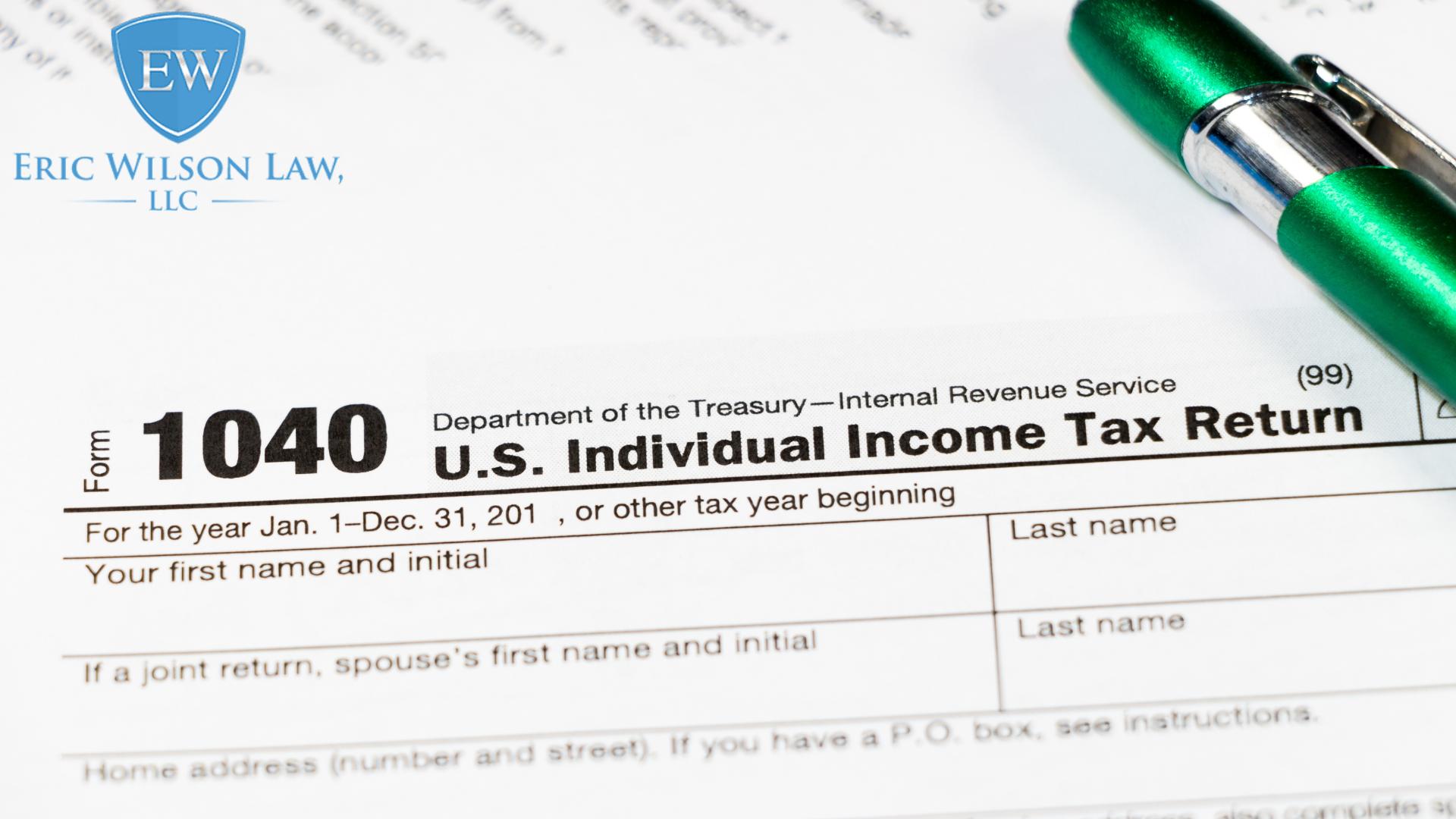
How to Keep Your Tax Refund in Bankruptcy
If you want to keep your tax refund during your bankruptcy, you can try to take advantage of the state and federal exemptions. These are designed to ensure that anyone that has filed for bankruptcy has the necessary items to continue living, like housing, a vehicle for work, work equipment, and financial assets such as pension payments, Social Security, veteran benefits, and retirement savings. Your bank account, stocks, additional car or home, jewelry, and other luxury items may not qualify for an exemption.
While a tax refund is technically extra cash, it may not be exempt. However, there may be ways that you can use your state’s exemptions to keep your tax refund.
If you have filed for Chapter 13 bankruptcy, taking advantage of these exemptions might be more challenging.
Use Exemptions
Where you live will determine what exemptions you might be able to use to keep your tax refund. This is because exemptions vary from state to state. Many states have the “wildcard” exemption that can be used towards keeping any non-exempt item. The federal wildcard exemptions had a $1,325 limit until April 2022.
Use the Right Language
After filing for bankruptcy, your tax refund is considered surplus money unless you can convince the courts otherwise. The trustee and your creditors can object to any part of your payment plan and will most likely rather see the money go towards what you owe.
In some scenarios, you can pay more towards your payment plan every month in exchange for keeping your tax refund. You can also lower your monthly payments and use your tax refund money towards the plan. This may or not be an option depending on your particular bankruptcy case. If you want to explore this option, you should discuss this with your bankruptcy attorney.
Another way that you can try to keep your tax refund is if you have a necessary emergency. Emergencies considered necessary are car repairs, medical bills, or a significant home emergency like your water heater dying. If you experience an emergency like this, notify your trustee so they can make a plan modification that will allow you to keep your tax refund to pay for that emergency.
Adjust Your Tax Withholding
Taxpayers receive a tax refund because more money is taken out of their paycheck than necessary to cover what is owed in taxes. If you have not filed for bankruptcy yet, adjust your paycheck tax withholding so only what is required goes to the federal government. Adjusting your withholdings will give you more money to spend on necessities.
Spend Your Refund
If you plan to file bankruptcy and haven’t done so yet, get your refund first. If you take this route, make sure that anything you purchase with your tax refund goes towards items like your rent or mortgage, clothing, car maintenance, utilities, food, and education. Do not spend your tax refund money on luxury items, paying down a credit card, or paying back a loan, even if that loan is to a friend or family member.
It’s essential to avoid spending your tax return money on luxury items because the bankruptcy court may deny your discharge for bad faith once you file. Because if you can spend money on luxury items, why can’t you pay your bills?
While using your tax refund money to pay back credit cards and loans may seem like a good idea, the bankruptcy court might consider these “preferential payments.” This means that you’ve chosen one creditor over another and shown favoritism. Your trustee may take the money back from the creditor and divide it equally between all your creditors.
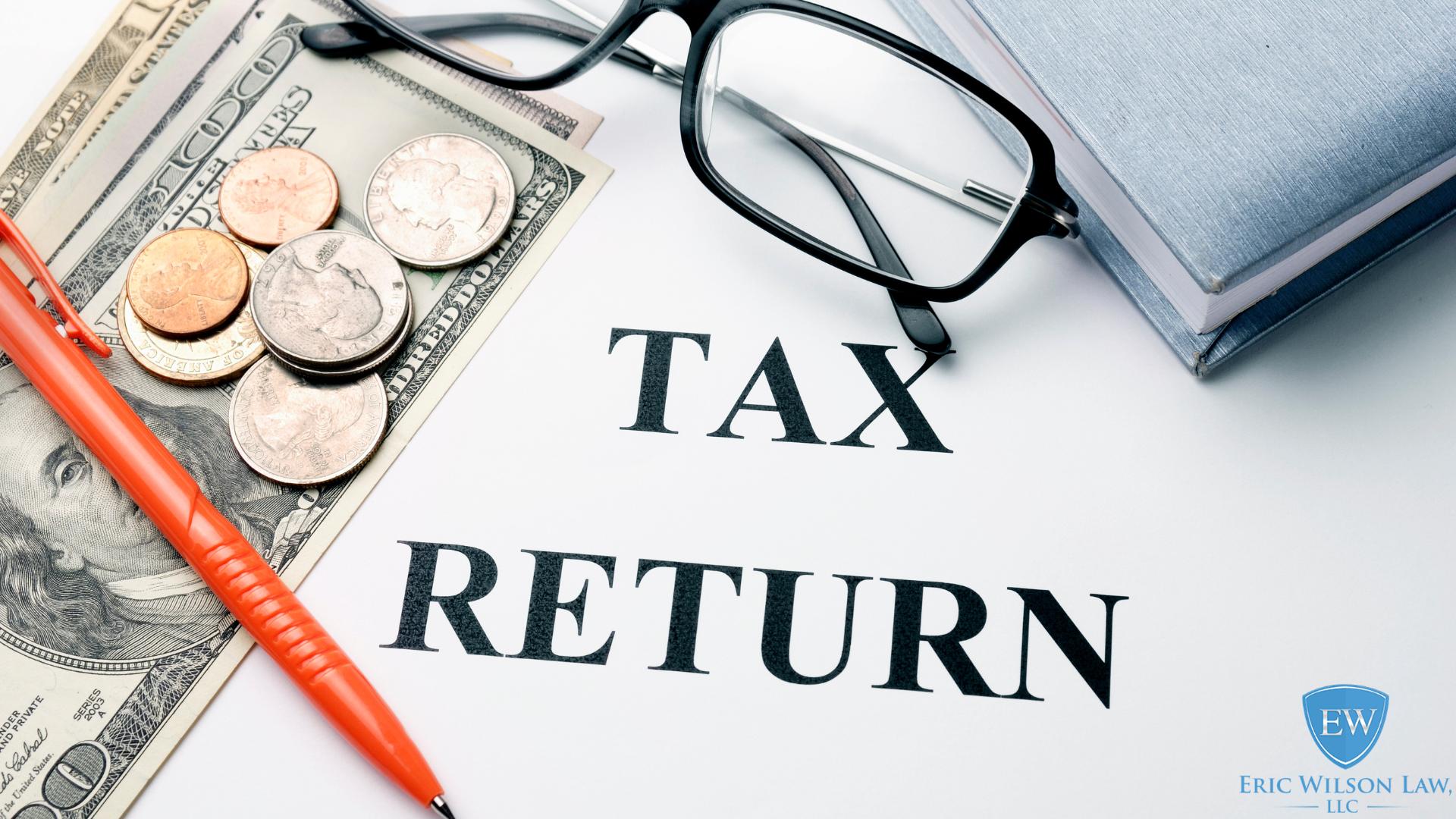
Call a Tuscaloosa Bankruptcy Lawyer at Eric Wilson Law Today
If you’re considering filing for bankruptcy and are curious about how you can keep your tax return, call Eric Wilson Law. An experienced bankruptcy attorney will discuss your options to determine whether you need to file bankruptcy to relieve your debt. For over 20 years, our law firm has been helping clients become debt free, and we can help you too. To schedule your bankruptcy consultation, call 205-349-1280 today.


